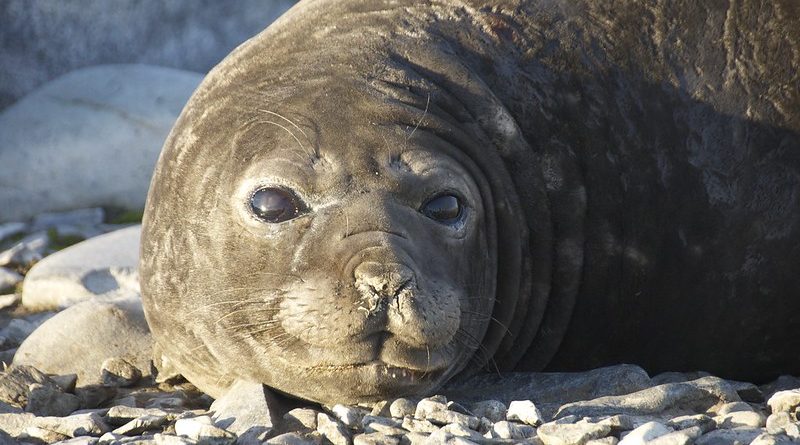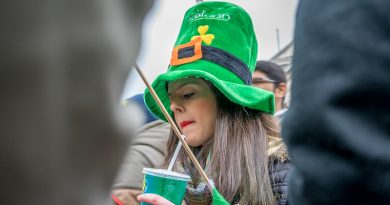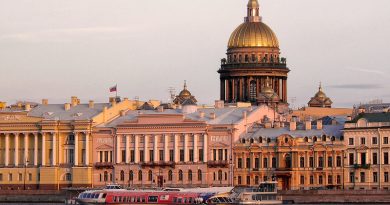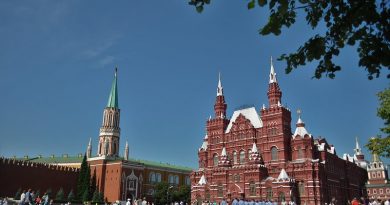Great Explorers: Arctic
Arctic exploration has existed for millennia but gained renewed prominence following the onset of the Age of Discovery. These expeditions often ended in failure due to insufficient preparations for the harsh and often brutal conditions. The Northwest Passage was of particular interest to explorers due to its connection between Atlantic and Pacific Oceans, and this often resulted in a number of failed expeditions.
Sir James Clark Ross
One of Britain’s most iconic explorers, Ross was well-known for his exploration of both the Arctic and the Antarctic. He began his life as an explorer at an early age under the tutelage of his uncle Sir John Ross. Accompanying him on a number of voyages in a bid to locate the elusive Northwest Passage, he quickly rose up through the ranks and became something of an expert in polar expeditions. He was most famous for his Antarctic expedition, in which he charted the continent’s coastline. Later in life, he embarked on an unsuccessful expedition to find Sir John Franklin’s lost expedition in the Arctic.
Roald Amundsen
The Norwegian explorer was renowned for being the first man to reach both the North and South Poles. Famous for his Antarctic expeditions, he became engaged in a. Rivalry with British icon Robert Scott in a race to the South Pole, emerging victorious whilst Scott perished on his return home. Additional accomplishments included being the first man to successfully traverse the Northwestern Passage. Amundsen disappeared in a 1928 plane crash in the Barents Sea in response to a distress call.
Robert Peary
It has been disputed as to who was the first explorer to reach the North Pole, although this feat has been claimed by the American Robert Peary. Having made several Arctic expeditions in his lifetime, Peary’s most famous occurred in 1909 when he claimed to reach the North Pole. A naval officer and an engineer, he had a fascination with reaching the North Pole from a young age and was one of the first explorers to study Inuit survival techniques to acclimatise to the harsh conditions. Other major feats included reaching the northernmost point of the Western hemisphere. Peary’s claims have divided people, with some taking his word and other dismissing it.
Fridtjof Nansen
One of Norway’s most iconic explorers, Fritdjof Nansen led a life of significant accomplishment across a number of different fields. An accomplished scientist, contributing to major studies into marine life. He became a major diplomat, playing a significant role in ending the political union between Norway and Sweden before becoming the High Commissioner for Refugees in the League of Nations, the predecessor to the UN. Aside from this, he was a major Arctic explorer best known for being the first to traverse the interior of Greenland on cross-country skis whilst also recording a record latitude in an expedition to the North Pole. He played a major role in innovating means of transport in polar expeditions.
Sir John Franklin
One of Britain’s most iconic lost explorers, Sir John Franklin was known for his experience in polar expeditions. He participated on three Arctic expeditions prior to his final one. His expedition to the Coppermine River was particularly notorious, with 11 of his 20 men dying and rumours of cannibalism emerging due to the hostile conditions. He served as the Lieutenant-Governor of Van Diemen’s Land (modern-day Tasmania) prior to his final expedition. The infamous Northwest Passage expedition of 1845 was sadly what he is best known for. Commanding the HMS Erebus and the HMS Terror, the expedition ran into disarray as the ships became trapped in ice. There were strong suggestions of mutiny and cannibalism once evidence of the expedition’s failure was uncovered.
Erik the Red
One of the most iconic of the Norse explorers, Erik the Red is a major figure in Medieval Icelandic historical texts. Erik the Red established the first settlement in Greenland following his exile from Iceland. He was named both for his red beard and his brash and volatile persona. He was the father of Leif Erikson, the famous Norse explorer who was the first European to arrive in the New World.




